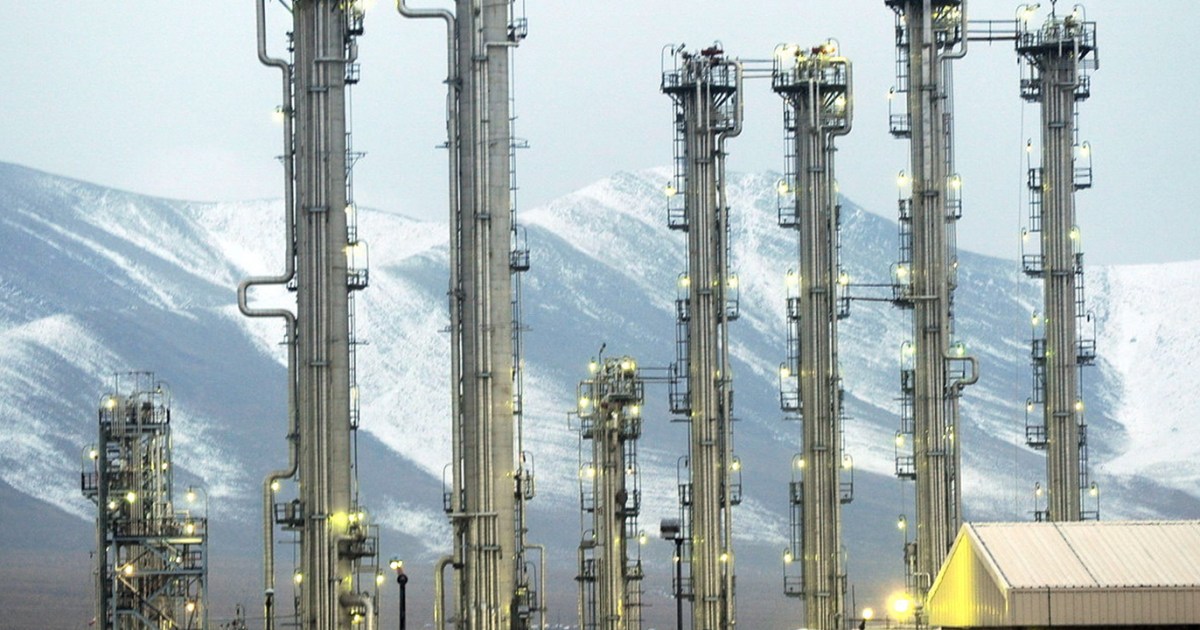The International Atomic Energy Agency (IAEA) announced on Friday - in a report on Iran's nuclear activities - that Tehran's stockpile of enriched uranium exceeds eight times the limit allowed in the 2015 nuclear deal.
According to IAEA inspectors' conclusions, on May 20, Tehran had 1571.6 kg of enriched uranium, compared to the permissible limit of 202.8 kg of uranium under the Vienna Agreement.
Contrary to the obligations stipulated in the agreement, Iran produces enriched uranium at a rate higher than 4.5%, which is higher than the allowable limit in the agreement of 3.67%.
Experts generally consider that the amount needed to make a single nuclear bomb is about 1050 kg of enriched uranium, at a rate of less than 5%, a threshold that Tehran has exceeded since the beginning of the year.
Major concern
In a related context, the International Atomic Energy Agency - in a report Friday - said that Iran's refusal to allow international inspectors to verify possible past nuclear activities raises "great concern".
The agency, which is based in Vienna, also reported that Iran has continued to enrich uranium far beyond the time period specified by the 2015 agreement with the major powers.
For more than four months, Tehran has refused to enable the International Atomic Energy Agency (IAEA) to access two sites where it is believed to be continuing secret nuclear research and development.
The agency's director, Rafael Grossi, first spoke about Iran's procrastination in early March.
Since then, Iran has said it is ready to fulfill the agency's request once some legal questions have been resolved, Grose said Friday.
It is noteworthy that the international agreement on Iran's nuclear has been threatened with collapse since the United States announced its unilateral withdrawal from it in 2018. In response, Tehran, which suffocates sanctions, has abandoned some of its obligations under the agreement since May 2019.

